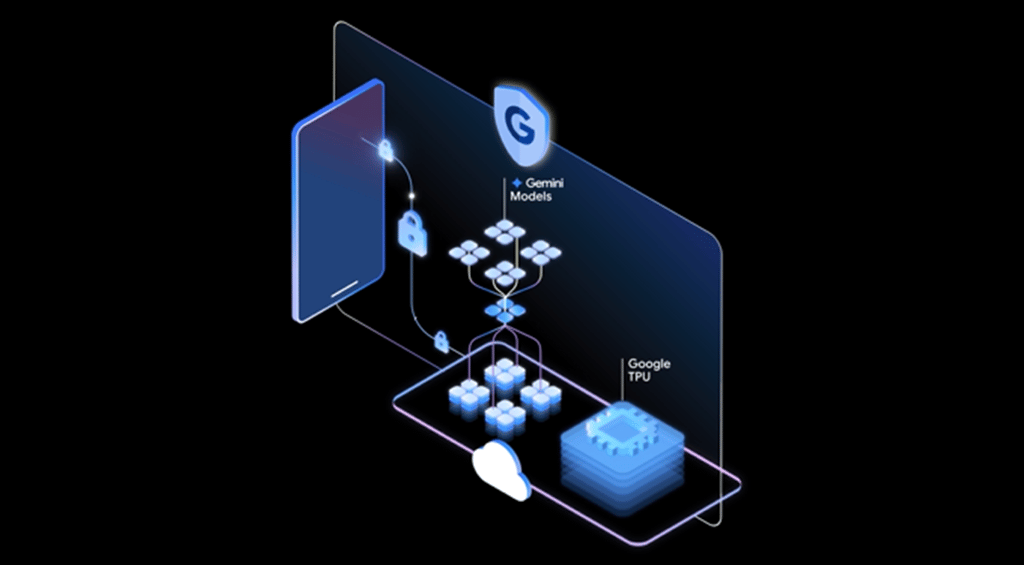Datamation content and product recommendations are
editorially independent. We may make money when you click on links
to our partners.
Learn More
Before the pandemic, hybrid cloud was the new high-profile, industry-wide effort, along with digital transformation — but coming after the big data and analytics waves.
Hybrid’s On-premises Tie
While digital transformation appeared to accelerate during the pandemic at breakneck speed, hybrid cloud efforts appear to have stalled. That, I think, is because of the on-premises IT efforts, at a time when people want to work from home and working in offices is increasingly undesirable.
It isn’t that hybrid cloud is done — the concept is too widely distributed to end overnight — but it no longer seems to make sense to fully provision an office complex with expensive hardware when you aren’t even sure you will keep that complex.
Let’s talk about why the hybrid cloud is at risk.
See more: Top Hybrid Cloud Trends
The wonders of the cloud over on-premises during a pandemic
For companies that had broadly pivoted to cloud services, the pandemic was far less disruptive than for companies that primarily relied on on-premises resources. With sites shutting down, people favoring work from home, and the very concept of what goes into an office — many are being converted into meeting sites with reduced capacity for offices and cubicles — IT support has shifted hard to provisioning employee homes instead of employee offices.
Suppose you are primarily supporting a remote workforce. In that case, the cloud is a gift: designed to be remotely managed and without the problems associated with placing your staff on-site with the hardware. Even in a hybrid cloud environment, the support aggravation likely comes from your hardware rather than the cloud subscription service.
The cloud also mitigates a ton of the risk. Getting clearance for a massive capital expense (CapEx) remains significantly more challenging than getting approval for an operating expense (OpEx). While most of the major OEMs have tried to shift payment models to look more like services, you still have to provision support during a time of employee shortages.
With reports that the most successful staffing efforts are those that fully support remote work and that a high percentage of employees who are forced to go into the office are thinking of leaving their companies, there is also a strategic advantage in moving as much hardware as you can to a remote provider that is serviced by someone else.
The cloud approach reduces the potential cost of likely later decisions to eliminate, change, or reduce the office footprint. The cloud also provides several other advantages, and because it is a service, it doesn’t prevent rotating back to on-premises capability later.
See more: On Premises vs. Cloud
Shifting to Multicloud
The pandemic has changed how we treat work from home, and “The Great Resignation” showcases the staffing risk of not shifting even more aggressively to remote work.
While on-premises pure-play deployments have been fading for some time, executives are also questioning hybrid as a long-term strategy: since supporting on-premises hardware no longer seems to make sense, if a critical mass of employees is voting for remote work with their feet.
It seems that much as we shifted from on-premises to hybrid cloud, we are now shifting from hybrid cloud to multicloud. Some cloud providers may be positioned for this shift, such as IBM, given its recent heavy focus on multicloud solutions.
In the end, however, it may be the extreme flexibility of using the cloud that provides its most significant benefit, because we are not yet entirely set in this new work-from-home trend. After all, trends like this often reverse themselves in the out years. Unlike on-premises solutions, which lock you into that model, the cloud does not lock you in and will allow a pivot back to a more traditional model, if the market eventually shifts back.
See more: Top Cloud Service Providers & Companies







